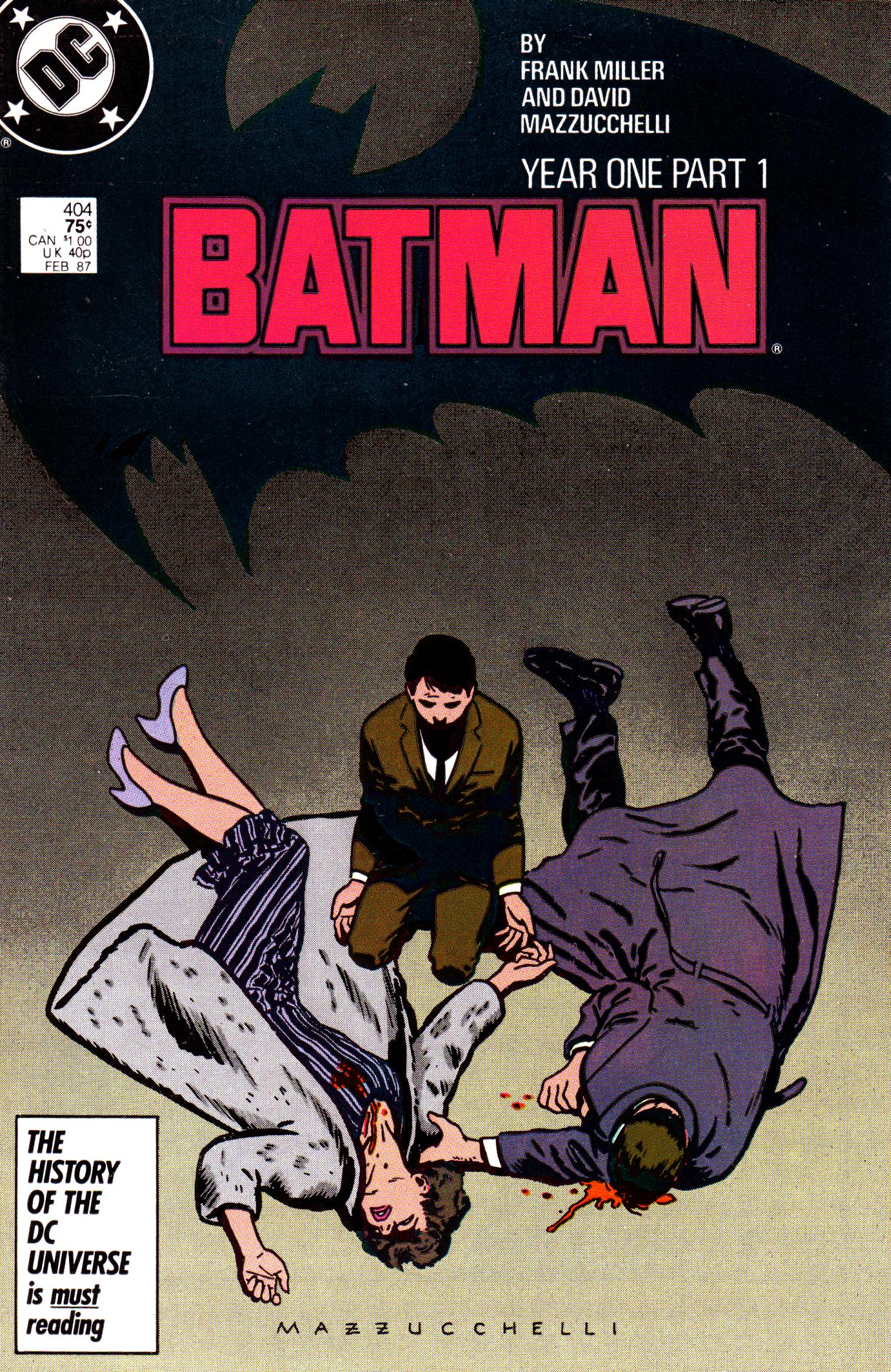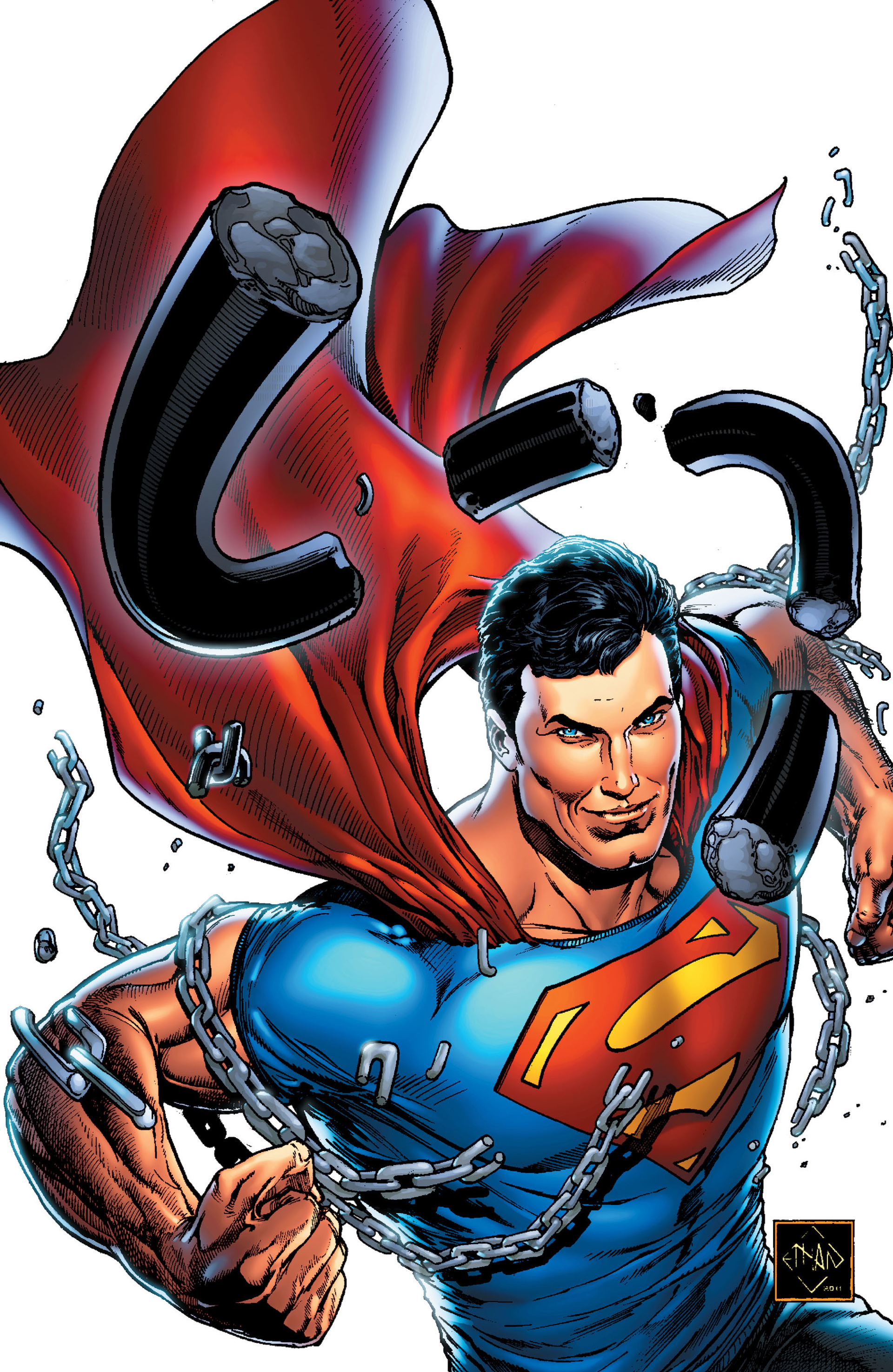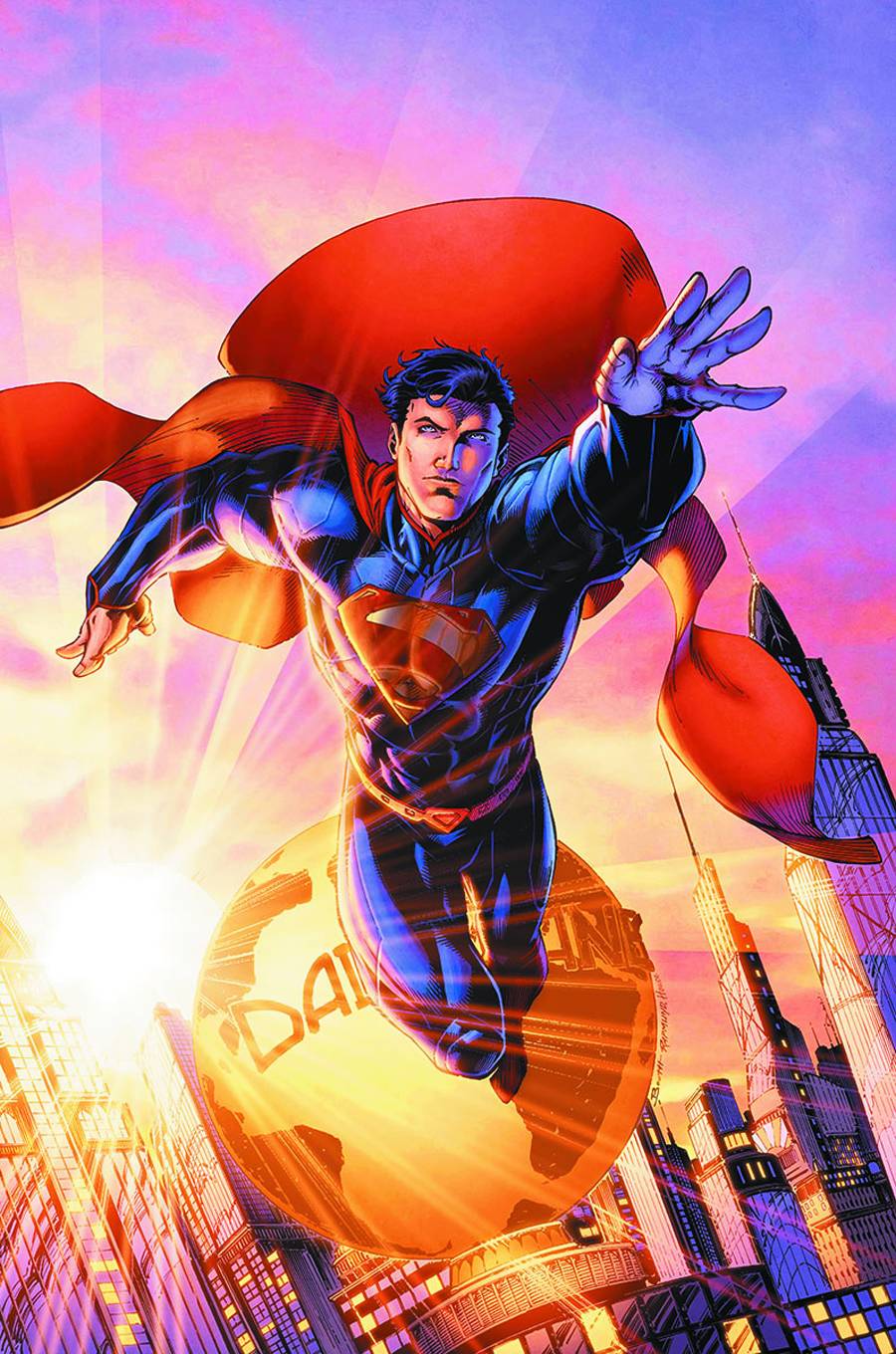Update
:
Added relevant photos. Updated formatting to current blog standards.
Relatable is the holy word when it comes to making good characters. A good character is always relatable in some way.
There should always be something about the character that we get. We get why Batman seeks to keep criminals (who were the death of his parents) from hurting people. We get how Tony Stark can turn to women and drink in his low moments. We get how Belle would do anything to save her father from imprisonment in the Beast’s castle. Even if these characters make choices we would not, we get where they’re coming from because they are driven by the same sort of things that drive us. There’s something about the character that we relate to because it’s something we too experience. That’s relatability.

The problem of a character with no flaws is a problem of relatability. The logic is if a character has no flaws, they are not relatable–because nobody is perfect.
We’ve all seen them: the characters with no flaws who seem perfect in every way. They always know what to do in a situation. They always beat the bad guys without breaking a sweat. They never have issues with relationships or tension between other characters. Everybody likes them. They never find themselves in moral dilemmas because they always know the right thing to do–and they always do the right thing.
Arguments have been going on for years over whether characters may or may not fall into this category.
For instance, look at the arguments surrounding Superman. Many criticize Superman for being too morally pure, too overpowered, and too perfect. When DC’s own website claims “Superman has super-everything,”1 one has to wonder what could ever pose a challenge.

But fans argue that those who criticize Superman are completely ignoring his weaknesses. (He does indeed have weaknesses, including red stars, magic-based attacks [and there are a lot of mages in the DCU],2 dirty tactics such as using innocents as human shields, and of course the iconic Kryptonite.) Fans also point out that many who criticize Superman are just hopping on the bandwagon and really have no idea who Superman is or what he stands for.

In fact, one Superman fan, Nya-El, explains that the real draw of Superman is, well, that very goodness that he stands for:
The most impressive thing about Clark’s powers isn’t that he’s ridiculously strong. It’s his self-restraint and control over his abilities. This is a man who could sneeze the Earth into oblivion, but he does the harder thing. He controls himself and fights for the greater good. In a world filled with corruption, terrible people and such, Superman chooses to see the good in humanity and fight for its survival. What’s wrong with that? He’s a superhero.3
Nya-El, “Defending Superman” / BlerdsOnline.com 2016
Nya points out that in this day and age, “people tend to root for the villains or fall in love with the anti-hero archetype.”4 That’s probably what causes many people to criticize characters that are just straight-up good: characters like Captain America or Superman, both of whom were raised on patriotism and taught to do the right thing no matter the personal cost: iconic, classic traits of being a hero. But many believe that “represents an outdated idealism.”5

Many also criticized Captain America of being “too goody-goody” when the first Avengers movie debuted. But it was this very “outdated idealism” that one of my friends actually liked the most about Cap.
My friend explained that he was tired of all the anti-heroes and grit he’d seen time and time again. He found Captain American to be refreshing because he was, for once, a hero that was “just good for the sake of being good.” Cap didn’t have any pretense. He was genuine. He also didn’t have some major glaring character flaw like Stark’s alcoholism or Batman’s tortured angst. He was just plain ol’ good. Straightforward. Uncomplicated. Seeking justice because it was right.
But are these kinds of characters too perfect? Are they unrealistic? Are they unrelatable?

Many (even fans) say that Superman is naturally unrelatable because, well, he’s a hyper-powered alien living in a world that couldn’t possibly understand him. But I think that’s a pretty callous and over-simplifying way of looking at it. That’s like saying that two English-speaking people from different countries could never understand each other on a deep level just because they come from two different worlds. Sure, it’d be hard. There might be some parts of each other they’ll never really “get” due to cultural differences that have no “exact translation.” But two very different people can still understand one another. Even in the case of an alien and a human being, how many movies have we seen where there’s even just one aspect that they recognize in each other and use to relate to one another? E.T. just wants to go home. Even a little boy who seems to have nothing in common with him can understand that.
And as soon as you’ve found even a sliver of common ground, you’ve found some basis for relatability.
I personally think the word “relatable” gets thrown around too much. And I think people don’t really realize what they mean when they say it. Heck, I’m guilty of that, myself.
But I think when people complain that a morally good character like Cap or Supes is “unrealistic” and “unrelatable,” I think they’re only giving that character a cursory glance. They’re not looking deeper, to the struggles these characters actually have. Sure, Superman has incredible powers; but he has to constantly make the choice not to use his powers to kill every opponent that comes against him. Even Batman has said multiple times that killing villains is the easier choice.6
Those against morally good characters also believe that if a character consistently chooses to do good, it is inherently bad writing. They argue it’s unrealistic; nobody would really act that way. But this is ignoring the fact that there are real heroes out there every day, choosing to do the right thing. It’s also ignoring the fact that realism isn’t the end-all, be-all goal of every character in every story. Sometimes we need characters bigger than us to teach us how to lead better lives.
They’re also ignoring the fact that whether a character is “too good” is often a matter of opinion rather than hard-and-fast fact. There’s an entire spectrum of what constitutes “good” behavior and choices, and it’s very subjective whether a flaw is “big enough” of a flaw to make the character flawed and therefore relatable. In fact, I’ve found myself liking or disliking different iterations of Superman just based on this spectrum.
In the end, we’re probably never going to stop arguing whether a character was too morally good or too perfect. That’s because different people have different ways of looking at the world. Some people think that a person doing good is the rarity rather than the norm. Some people think it’s totally possible for people to consistently do good, which is why we need “goody-goody” characters–to remind us that we can be better.
So how much is too much good? We may never know. What it really boils down to is your personal tastes, your worldview.
(And which is better, Marvel or DC.)
Notes and References:
- “Superman,” DC Comics, Warner Bros. Entertainment, May 23, 2016, accessed July 28, 2016.
- “Magic,” DC Wiki, July 28, 2015; accessed November 30, 2018.
- Nya-El, “Defending Superman,” Blerds Online, March 19, 2016, accessed February 12, 2024.
- Ibid.
- Ibid.
- Batman: Under the Red Hood, Directed by Brandon Vietti, Warner Bros. Entertainment, 2010. YouTube, May 20, 2010, accessed July 28, 2016.
Tony Stark, Captain America, and all related names and terms are the property of Marvel Entertainment, LLC and The Walt Disney Company. Batman, Superman, etc. property of DC Entertainment and Warner Bros. Discovery. E.T., etc. property of Universal Pictures. And I am not affiliated with any of them.
For Him, to Him

Leave a Reply